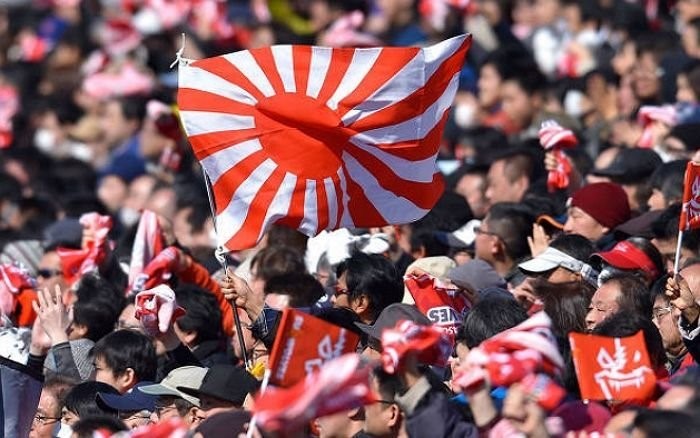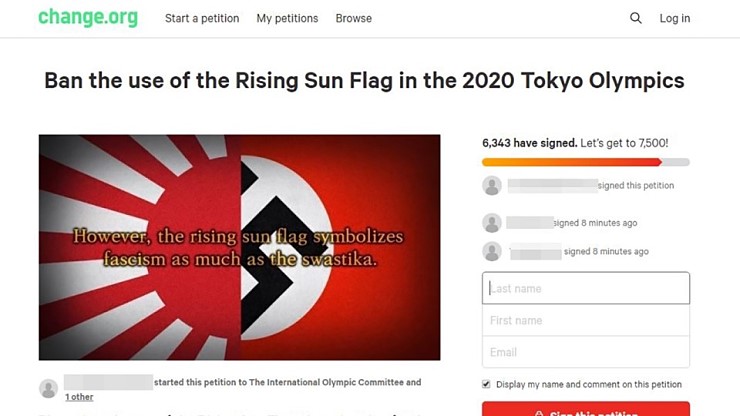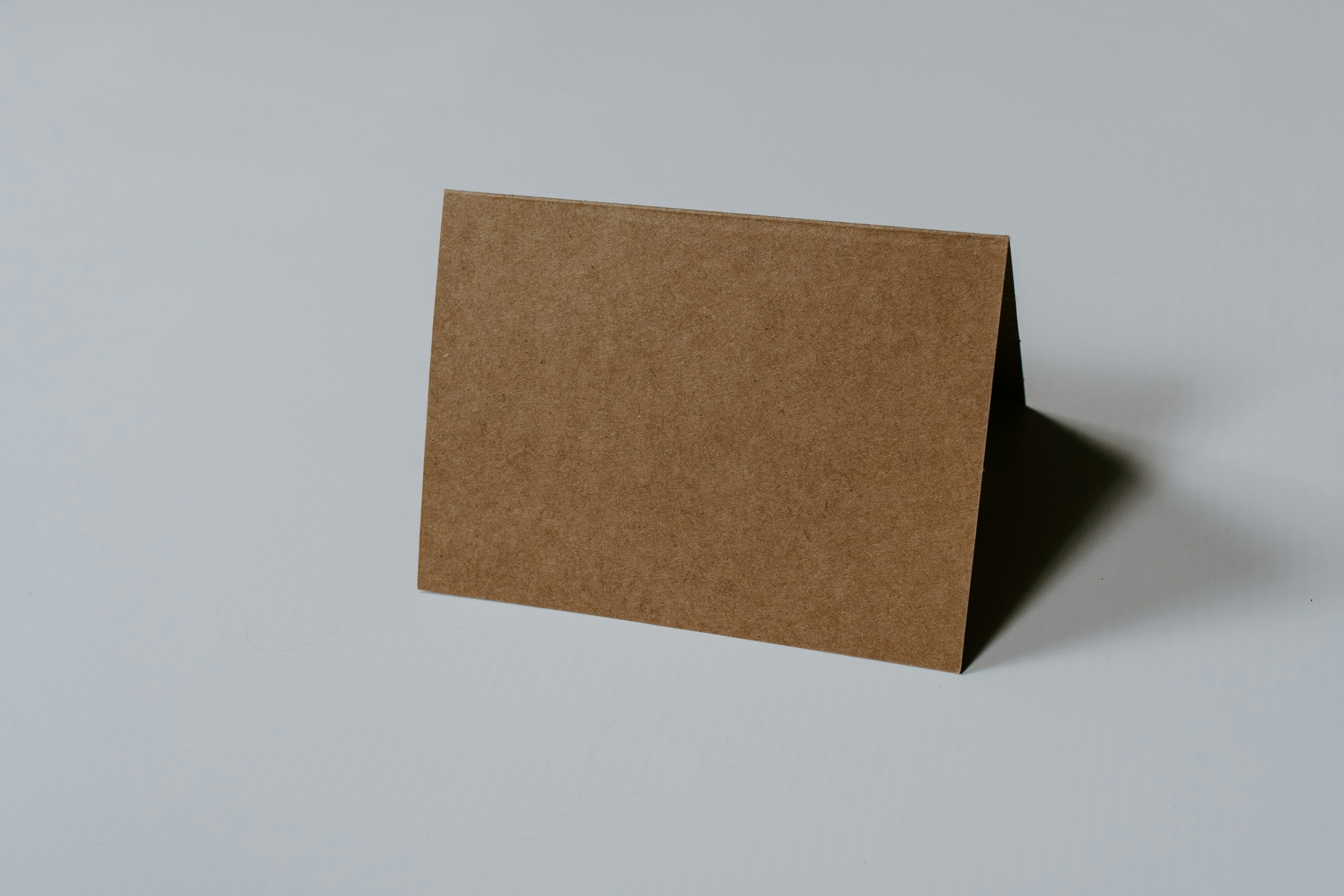The Tokyo Olympic Organizing Committee decided to permit the use of the Rising Sun Flag at the 2020 Tokyo Olympics, stirring controversy within the international community. According to a report from SBS on September 4, the International Olympic Committee will allow the Rising Sun Flag at the Tokyo Olympics next year without sanctions. The International Olympic Committee (IOC) stated that there was no reason to ban the Rising Sun Flag, since the flag itself does not contain a political meaning. They also stated that every Olympic stadium should be free from political protests, expressing its intention to deal with any cases where the Rising Sun Flag is used for political purposes.
 |
| ▲ The Rising Sun Flag that Japan allowed to use during the Tokyo Olympics. (Photo from CNN) |
So what is the social and political significance of using the Rising Sun flag in Japan? In Japan, the Rising Sun pattern symbolizes a New Year's sunrise. Regardless of its political intention, the pattern has been used in New Year's cards. Even Asahi (which means “morning sun” in English) Shimbun, a progressive press in Japan, uses the Rising Sun symbol in their logo. It is clear the Rising Sun pattern is an integral part of Japanese tradition.
However, the Rising Sun Flag embodies sunlight, spreading the solar design of the Japanese flag. It was first used as a military flag for the Japanese Imperial Army in 1870 and a naval ensign for the Japanese Imperial Navy in 1889. As a result, around Asia, it represents Japanese militarism and imperialism because it was used when Japan was invading neighboring countries during the Pacific War. While the use of Hakenkreuz pattern, a symbol of the German Nazis, is strictly prohibited, the Rising Sun Flag is still used by Japanese ultranationalists during political demonstrations or during major sporting events to support the national side.
After the Tokyo Olympic Committee announced its decision to permit the use of the Rising Sun Flag, Japanese Olympic Minister, Hasimoto Seiko was reported as saying, “The Rising Sun Flag has nothing to do with any political agenda,” reaffirming there was no problem bringing the flag into stadiums. Korea’s Minister of Culture, Sports and Tourism protested the decision raising concerns to both Japan and the IOC. In response they were told it wouldn’t be a big issue unless the spectators misinterpret the symbol and use it for political purposes.
Some Japanese are also criticizing the decision to allow its use in the Tokyo Olympics. On September 6, Tokyo Shimbun reported that the Rising Sun Flag is viewed as a symbol of invasion in Asia, pointing out that its use could go against the purpose of the Olympics, which is a festival of peace. In Korea, the Rising Sun Flag is considered a war criminal’s flag since Japan colonized Korea under it in 1910. Japan expanded its empire throughout Asia, sacrificing more than 20 million people under this flag. According to Wikipedia, the Rising Sun Flag is considered aggressive, especially in Korea and China, which were under Japanese colonial rule during World War II. When you search Rising Sun Flag on the Google Trends site, which shows how a certain word is used in each country, you can see that Korea is particularly interested in the topic. Korea's level of interest is set at 100, followed by the Philippines (37), Singapore (33), Australia (32), and the U.S. (27). Associated topics also showed that most countries did not associate The Rising Sun Flag with being a flag of a war criminal.
The Rising Sun pattern is important in terms of culture, arts and design and are not recognized as metaphor for war criminals in the West. In the case of France, where the use of Hakenkreuz is strictly prohibited, the Rising Sun Flag was allowed in the march of last year's revolutionary anniversary. This is a typical example of how generously the Rising Sun Flag is used in western countries. The Washington Post also reported that the Rising Sun Flag’s controversy is not well understood in the United States and Europe.
The Korean government is strongly opposed to the IOC’s decision to allow the Rising Sun Flag in the Tokyo Olympics, claiming that it violates the Olympic spirit to promote world peace and love for mankind. The Ministry of Culture in Korea sent a letter to the IOC, pointing out that the Rising Sun Flag reminds Asian countries of the Japanese colonial era, just as the Hakenkreuz reminds Europeans of the painful history of World War II. But so far the Tokyo Olympic Organizing Committee has maintained their position, emphasizing that the Rising Sun Flag is a part of Japanese culture and therefore should not be considered a prohibited item. There is growing concern about the possibility of a collision between Korean and Japanese spectators if the Rising Sun Flag is represented during the Tokyo Olympics. In the present situation where the criticism on permitting the use of the Rising Sun Flag at Tokyo Olympics is increasing, a wise judgment from the IOC is required to prevent potential conflict between Japan and the international community.
 |
| ▲ VANK started English petition to ban the use of the Rising Sun Flag at Tokyo Olympics. (Photo from change.org) |
남윤경, 김건희, 이지희 dankookherald@gmail.com

 Vote for the Campus Brand Naming!
Vote for the Campus Brand Naming!

![[Campus Magnifier] Let's Surf the Library!](/news/thumbnail/202404/12496_1765_4143_v150.jpg)




